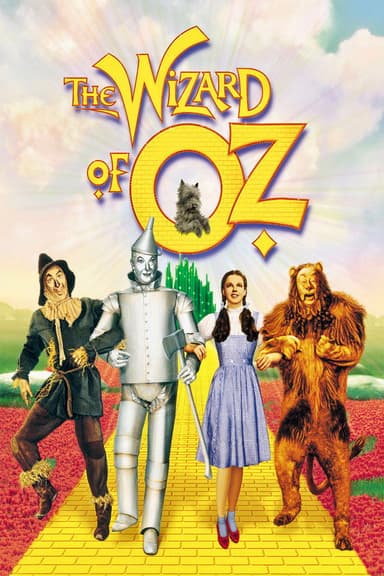
Oliver!
1968 • Drama, Family • G
Musical adaptation of Charles Dickens' Oliver Twist, a classic tale of an orphan who runs away from the workhouse and joins up with a group of boys headed by the Artful Dodger and trained to be pickpockets by master thief Fagin.
Runtime: 2h 33m
Why you should read the novel
Dive into the original pages of Oliver Twist and experience a deeper, richer world than any screen adaptation can offer. The novel immerses you in Victorian London, unraveling societal issues like poverty, crime, and class with Dickens’s signature wit and empathy. Every chapter brings emotional depth and moral complexity, making the story not just about a boy’s journey, but a moving exploration of humanity’s flaws and virtues.
Discover brilliantly crafted characters such as Fagin, Nancy, and the Artful Dodger, whose motivations and backstories are given ample space to unfold in the book. Dickens weaves powerful themes of resilience and hope through a tapestry of authentic dialogue and evocative description, painting a more intimate portrait than the movie’s song-and-dance numbers allow.
Reading Oliver Twist allows you to engage directly with Dickens’s timeless social commentary. Rather than passively watching, you get to ponder the ethical dilemmas and historical realities presented, inviting you to imagine, reflect, and connect with a classic in your own unique way.
Adaptation differences
One major difference between Oliver! and Charles Dickens’s Oliver Twist is the portrayal of serious themes. The film, designed as a family musical, tends to downplay the book’s darker elements, such as child exploitation, urban crime, and the brutality of 19th-century life. These aspects are softened or presented in a more stylized, less disturbing manner on screen.
Key characters also undergo notable changes. For instance, Fagin is depicted in the movie with a lighter, more comedic tone, whereas Dickens gives him a complex and much more villainous behavior, highlighting the dangers he poses to vulnerable children. Similarly, the relationship between Nancy and Bill Sikes is sanitized in the film, obscuring much of the abuse, violence, and tragedy that defines it in the novel.
The movie’s structure, constrained by musical numbers and time, omits many subplots and characters that enrich the novel’s texture. Characters like Monks, who is central to Oliver’s true identity and inheritance in the book, are largely absent or minimized in the adaptation. The intricate web of relationships and social critique present in Dickens’s work is necessarily simplified for the film’s pace and tone.
Moreover, the ending of the film is considerably happier and more triumphant than Dickens’s original. The movie tidily resolves conflicts with upbeat musical finales, whereas the novel closes with a more somber and contemplative mood, underlining the lingering hardships faced by the less fortunate and the ongoing struggle for social justice.
Oliver! inspired from
Oliver Twist
by Charles Dickens



















